By Tahran Oruçoğlu, Baku, Azerbaijan
French Interior Minister Gérald Darmanin said Azerbaijan was interfering in France’s internal affairs. He noted that “some independence leaders (from New Caledonia) have reached an agreement with Azerbaijan.” However, Azerbaijan’s Foreign Ministry said Baku had never taken such a step and would not take it.
Answering our questions on the subject, the founder and editor-in-chief of the “Musulmans en France” news portal, political scientist Jean-Michel Brun noted that France did not unequivocally welcome Baku’s organization of a forum for people suffering from neocolonialism policies and living in colonial conditions.
The role of the Baku Initiative Group
How do you evaluate the French minister’s statement?
Jean-Michel Brun: First of all, the agreement in question is signed on April 18, 2024, within the framework of the Baku Initiative Group. The signatories are Omayra Naisseline, elected from the independence group UC-FLNKS, who acted on behalf of the President of the Congress Rosh Wamytan, and the National Assembly of Azerbaijan. It was simply a memorandum of cooperation aimed at developing relations between the two chambers, particularly in matters of culture, education and politics. Never a financial support, for example. Not a big deal!
I was present at the conference of the Baku Initiative Group, which was held in Vienna on April 30, where this time it was a representative of the Polynesian separatists who signed an agreement with the Baku Initiative Group.
Of course, the Baku Initiative Group offers an international forum to people living under a colonial or neocolonial regime. Remember that New Caledonia, like French Polynesia, is one of the 17 territories considered by the United Nations to be living under a colonial regime. Should we consider that the UN is guilty of interference?
And then, for a country which supported the Armenian separatists, even though it had signed a UN resolution recognizing Karabakh as an integral part of Azerbaijan, talking about interference is, to say the least, an unusual cynicism.
Let us remember that what ignited the powder was the vote, by the French parliament, of a law allowing new arrivals to participate in regional elections. This decision was intended to put the indigenous Kanaks, mainly pro-independence, in the minority. Kanaks had warned that they would not accept such a maneuver.
Riots therefore broke out, and instead of taking the path of negotiation, as his predecessors had done, notably in the 1980s, Emmanuel Macron decided to use force in order to protect the “caldoches”, descendants of the former settlers, who own all the wealth of the archipelago. This is a huge mistake that France risks paying for dramatically.
“Paris is trying to hide its failure in New Caledonia by blaming Baku”
Why did the minister target Azerbaijan?
The Minister of the Interior has a habit: Finding culprits elsewhere, in order to mitigate his own responsibility. In the case of New Caledonia, Gerald Darmanin chose as a pretext the creation of the Baku Initiative Group, which gives voice to people living under colonial domination.
This attack against Azerbaijan should also be placed in the context of state Islamophobia, which targets countries such as Türkiye and Azerbaijan abroad. Unconditional support for Armenia must also be taken into consideration, even if the French government finds itself in an untenable position: Since the two Caucasian countries began peace talks, France does not appear anymore to support Armenia, but the Armenian separatists of Karabakh. Accusing Azerbaijan of interference is a way of diverting attention.
“Macron seems not to know exactly where he is going”
Unfortunately, relations between France and Azerbaijan are not encouraging. France openly supports Armenia. How will relations with Azerbaijan then be?
The problem is that Emmanuel Macron seems not to know exactly where he is going, other than blindly following the decisions of his American mentors. He has no vision, follows no line. It would not be surprising if, if American policy changes regarding the Caucasus, Emmanuel Macron turns around and seeks to become friends with Azerbaijan again, especially since electoral considerations may take second place. Until now, the government sought above all not to alienate the powerful Armenian electorate in France. But Macron’s mandate will end without it being possible for him to be re-elected, and the European elections will in any case prove to be a fiasco for the presidential party. Realpolitik may have a chance of winning.
A summary of this interview was previously published on the Azerbaijani site Bizim.Media.





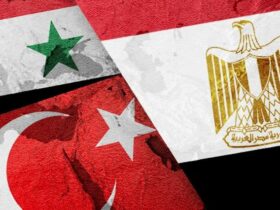

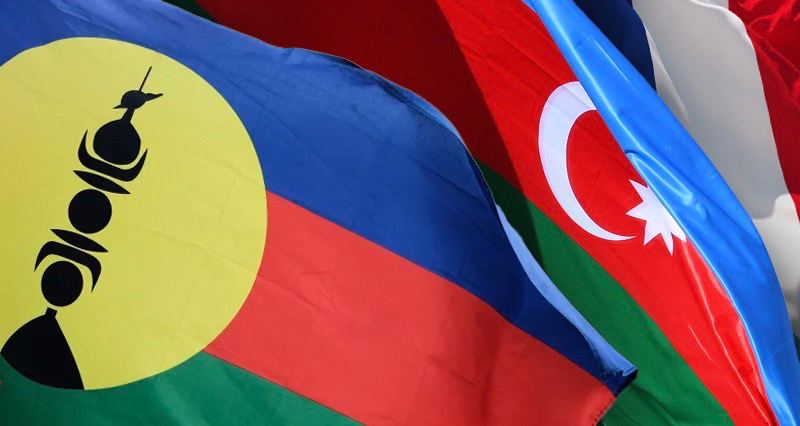

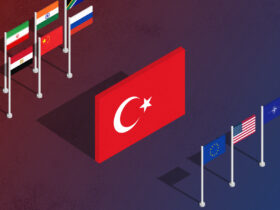
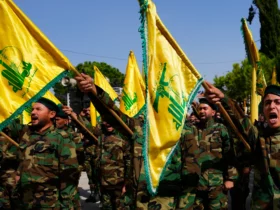
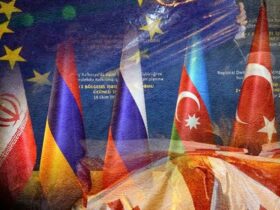

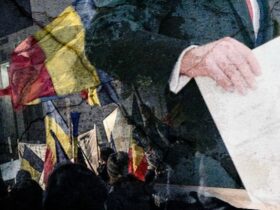
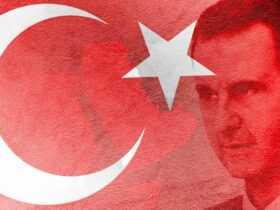
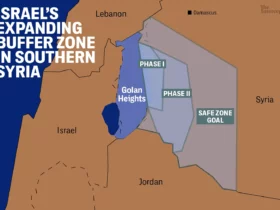

Leave a Reply